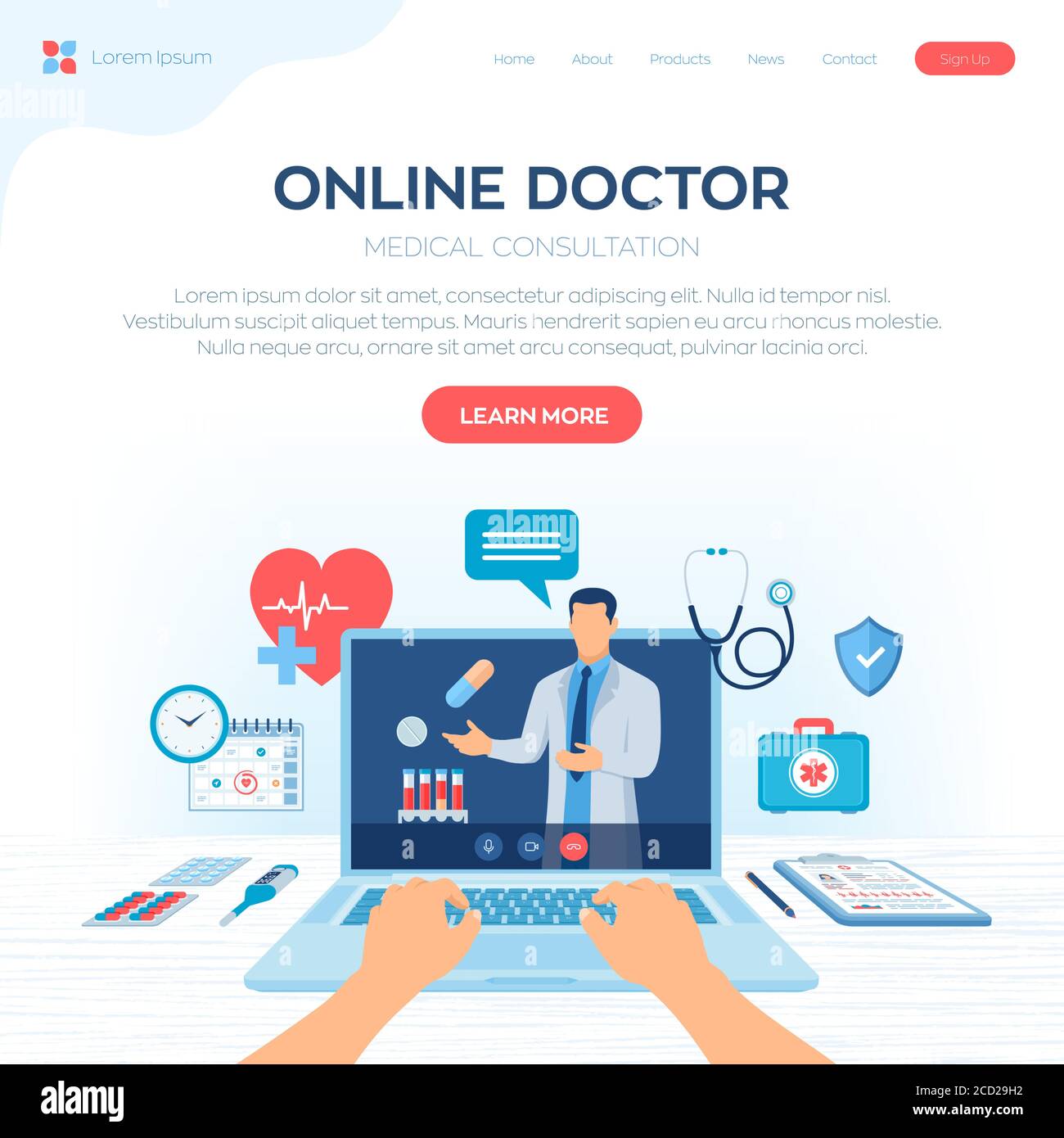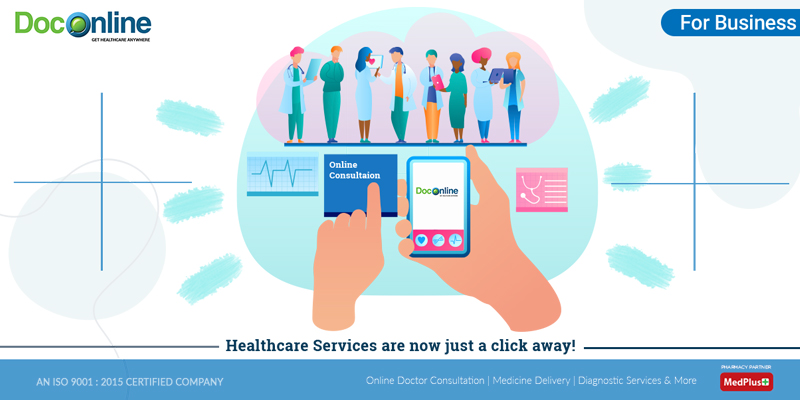Subscription Based Healthcare: Transforming the Means We Consider Health
Subscription Based Healthcare: Transforming the Means We Consider Health
Blog Article
The Rise of Subscription-Based Healthcare and Its Effect On Person Care
As health care develops, the subscription-based model is obtaining grip, promising to transform person care by offering predictability and ease of access. The capacity for these designs to reshape health care delivery increases pushing inquiries about their long-lasting sustainability and inclusivity. Are these membership services the future of medical care, or do they run the risk of leaving susceptible populaces behind?
Comprehending Membership Medical Care Versions
Comprehending the principle of registration health care designs entails analyzing a transformative method to clinical services that emphasizes cost and ease of access. These models, usually referred to as direct key treatment (DPC) or concierge medication, have emerged as ingenious alternatives to standard fee-for-service medical care systems. Membership medical care permits patients to pay a set regular monthly or yearly cost for a specified set of medical solutions, which might consist of endless office gos to, regular check-ups, and basic lab tests, without the demand for typical insurance policy invoicing.
The structure of membership health care models is made to streamline client care by eliminating third-party payers and complex invoicing codes, therefore decreasing administrative concerns. Doctor can focus a lot more on patient treatment, fostering stronger patient-provider partnerships. This design likewise advertises preventative treatment by motivating normal sees, as the monetary barrier of per-visit charges is gotten rid of.
The registration design typically encourages healthcare carriers to manage smaller sized person panels, enabling even more personalized care. It aligns economic incentives with individual health outcomes, as providers are inspired to preserve person fulfillment and well-being. On the whole, recognizing registration medical care designs calls for acknowledging their prospective to improve exactly how care is supplied and accessed.
Advantages for Suppliers and individuals

With a steady revenue stream, healthcare experts can dedicate even more time to each individual, leading to a more individualized and detailed care experience. The focus on preventative care within subscription strategies can lead to better individual results and lowered lasting medical care prices.
Problems and challenges
While subscription-based medical care models existing many advantages, they also feature a set of challenges and problems that have to be dealt with. First, accessibility continues to be a substantial problem, as these designs commonly target people who can pay for monthly fees, potentially excluding low-income populaces. This elevates moral inquiries concerning equitable accessibility to healthcare services. In addition, the varied nature of subscription plans can result in complication among people regarding insurance coverage specifics, possibly leading to unmet expectations or insufficient treatment.
Financial sustainability of subscription-based models is an additional problem. Carriers have to stabilize the fixed revenue from memberships with the variable prices of health care solutions, which might rise and fall as a result of unforeseen medical demands. This can produce pressure to limit services or increase costs, possibly affecting person contentment and care high quality.
Furthermore, governing oversight of subscription-based health care designs is still evolving. The absence of standardized frameworks can result in inconsistent service top quality and liability, making complex efforts to make certain individual security. The assimilation of modern technology-- commonly a cornerstone of these designs-- increases inquiries about data personal privacy and safety and security, as sensitive patient information can be susceptible to violations. Dealing with these difficulties is essential for the successful and fair application of subscription-based medical care.
Influence On Patient-Doctor Relationships
One considerable influence of subscription-based medical care versions on patient-doctor relationships is the potential for improved connection and individualized treatment. By taking on a membership model, doctors can handle a smaller sized patient panel, allowing for more devoted time with each person. This boosted availability fosters a much deeper understanding of a client's case history, lifestyle, and choices, enabling more customized therapy plans and interventions.

Nevertheless, it is very important to identify that while subscription-based versions might benefit those that can afford them, they can inadvertently expand health care variations. Clients who are incapable to join these versions might experience reduced access to personalized care, possibly impacting their partnerships with doctor. Thus, while the membership design uses appealing advantages for patient-doctor relationships, it also poses difficulties that require to be resolved to make certain equitable medical care gain access to.
Future of Health Care Access

The function of technology can not be overlooked in this improvement. Telemedicine systems and electronic health and wellness records promote seamless communication between patients and health care carriers, damaging down geographical and logistical obstacles. Additionally, advancements in artificial intelligence and information analytics can additionally customize healthcare by forecasting individual requirements and enhancing therapy strategies.
However, the future of health care access likewise presents challenges, such as ensuring equity across various socio-economic teams. Policymakers and medical care providers have to collaborate to link the electronic divide, guaranteeing that subscription-based models stay inclusive and budget friendly. As these systems grow, they hold the guarantee of making medical care a lot more obtainable, effective, and patient-centric.
Verdict
Subscription-based medical care designs are improving individual care by offering a steady expense framework and boosting availability. These designs enhance next patient-provider relationships through individualized treatment and regular check outs, highlighting preventative health and wellness. Despite these advantages, difficulties such as ease of access issues for low-income populations and the demand for fair medical care remedies persist. The rise of subscription-based healthcare motivates positive patient interaction, which has the prospective to enhance individual end results and satisfaction, indicating a transformative change in medical care delivery.
As medical care evolves, the subscription-based design is acquiring traction, promising to reinvent individual care by offering predictability and ease of access.Subscription-based health care models offer distinct benefits for both individuals and companies, enhancing the general healthcare experience.As medical care systems evolve, the future of medical care gain access to frequently pivots on the integration of ingenious versions and technologies.Subscription-based medical care designs are reshaping client treatment by providing a steady cost structure and improving accessibility. The increase of subscription-based healthcare motivates aggressive client engagement, which has the possible to enhance individual results and complete satisfaction, signifying a transformative change in medical care distribution.
Report this page